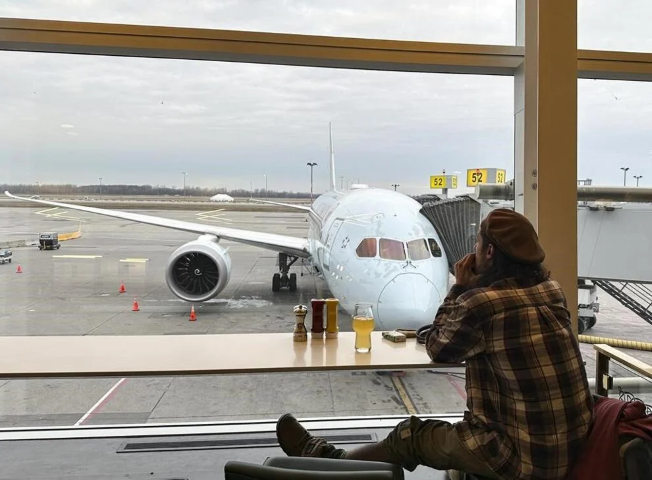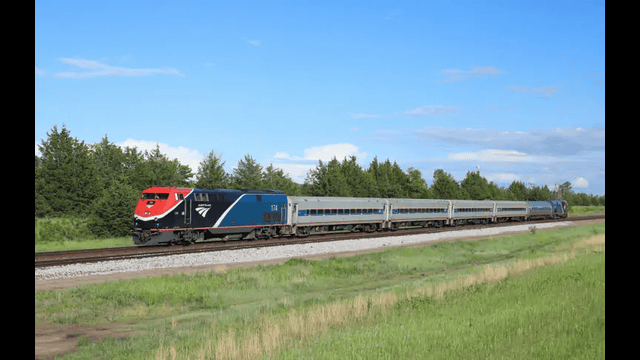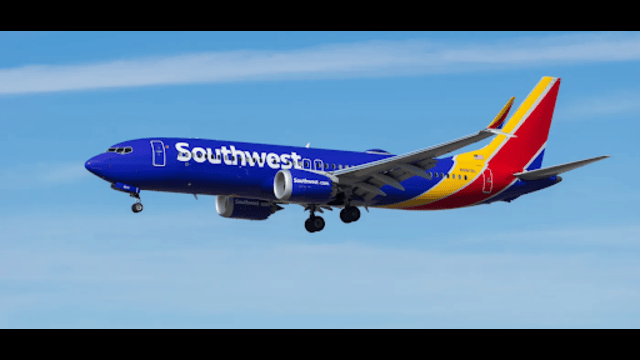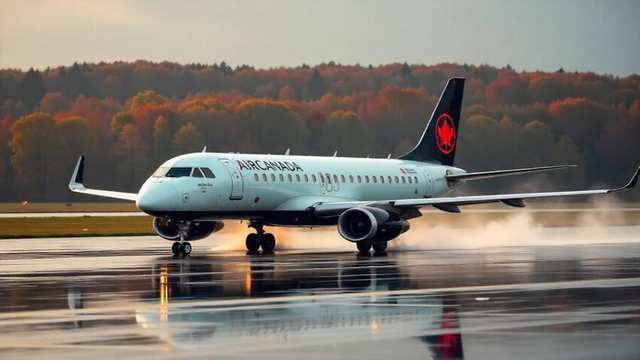
A new report says Air Canada had the worst on-time performance among large airlines in North America in 2023. A traveller looks at an Air Canada plane as he waits for his flight at Pierre Elliott Trudeau International Airport in Montreal, Friday, Dec. 23, 2023. THE CANADIAN PRESS/Christinne Muschi
Air Canada notched the lowest on-time performance (OTP) position among major North American airlines in 2023, according to a recent report.
The carrier achieved an on-time performance of 63%, ranking last among the continent's top 10 airlines. This resulted in approximately 140,000 flights arriving over 15 minutes late. The report indicated a five-percentage-point difference from the second and third-lowest performers, JetBlue Airways and Frontier Airlines.
In contrast, Delta Air Lines secured the top spot with an 85% on-time performance, followed by Alaska Airlines at 82%. The report emphasized the increasing importance of on-time goals and better technology in achieving them.
Willy Boulter, a Cirium advisory board member and aviation veteran, noted that the airline industry's historical threshold for good OTP was 75% and above. Boulter attributed advancements in technology, such as those in jet engines and air traffic control, to the improved achievability of on-time goals.
While Air Canada faced challenges in 2023, the airline reported a consistent improvement in monthly on-time performance by year-end, with a double-digit increase over July.
Air Canada's CEO, Michael Rousseau, acknowledged the airline's relatively low ranking and identified severe weather, particularly thunderstorms, and global supply chain issues as contributing factors.
The company expressed a commitment to reducing delays and cancellations in 2024. Despite explanations provided by Air Canada, critics, including John Gradek from McGill University and Gabor Lukacs, president of the Air Passenger Rights advocacy group, questioned the airline's low on-time standing. They emphasized the need for proper capacity management and called for more stringent measures to hold airlines accountable.
Delays, especially during peak travel seasons, can be influenced by various factors, including inclement weather, maintenance issues, and stretched capacities, both in fleets and labor.
The cold weather in Canada adds additional challenges, with de-icing requirements and runway clearance. Despite hurdles, experts noted the airline industry's overall improvement in delivering smoother travel experiences, contrasting with the previous year's travel nightmares caused by weather-related disruptions.
While Air Canada's on-time performance raised concerns, the broader context highlighted the industry's need for ongoing investment in infrastructure, including airline and airport facilities.
The impact of delays, estimated to cost over $1 billion annually to the industry, underscores the importance of addressing staffing shortages, technological enhancements, and capacity management to enhance overall operational efficiency.
The report also emphasized the significant financial impact of delays, costing airlines an average of $100 for every minute of delay for a single aircraft.
The resurgence of Air Canada to profitability in 2023, following consecutive quarters of losses due to the COVID-19 pandemic's impact on travel demand, underscores the financial challenges and complexities faced by the industry.















